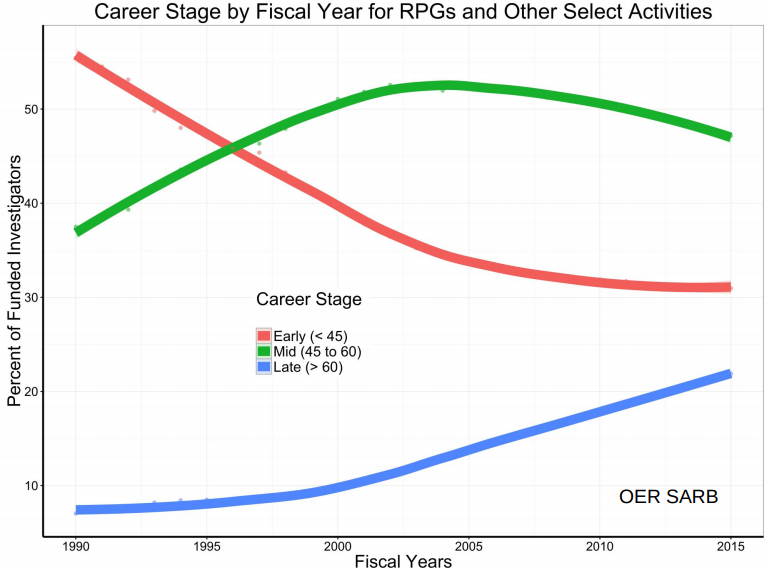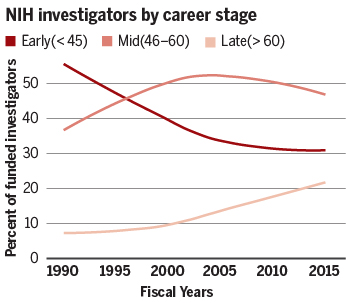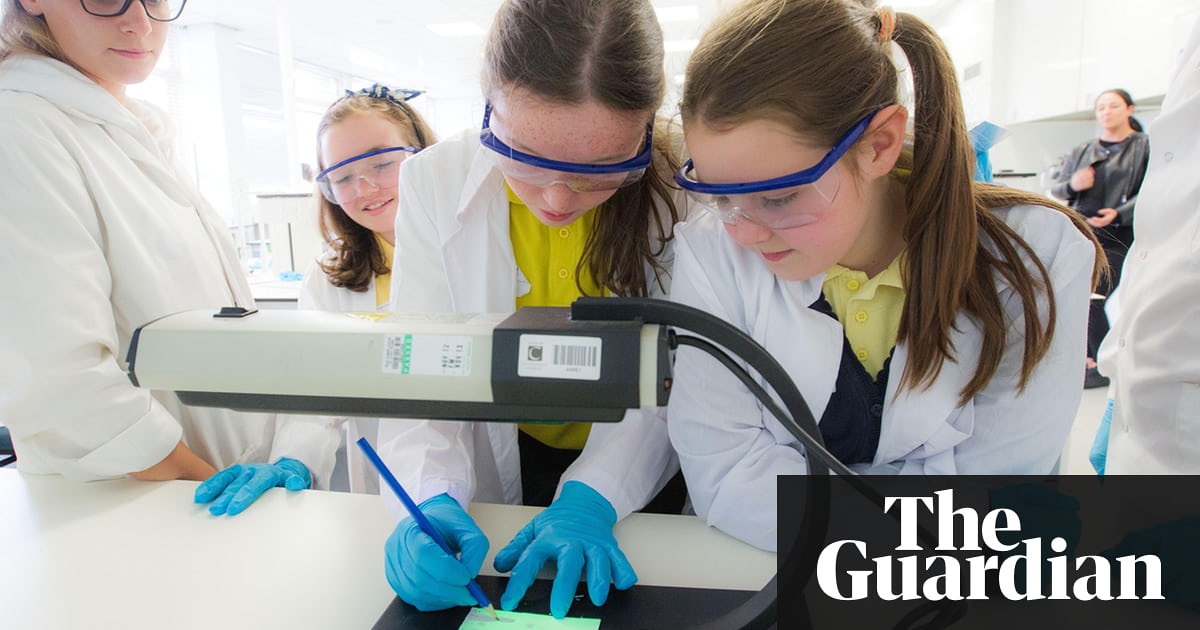Send us a link
Should Scientists Be Taught How to Work in a Team?
Soft skills like teamwork and communication could boost undergraduates' career prospects.
The Importance of Being REF-Able: Academic Writing Under Pressure from a Culture of Counting
The Importance of Being REF-Able: Academic Writing Under Pressure from a Culture of Counting
Research on academics’ writing practices has revealed tensions around the ways in which managerial practices interact with academics’ individual career goals, disciplinary values and sense of scholarly identity.

Paper Writing Gone Hollywood
When a new grad student indicates an interest in an academic career, I ask, “So you want to be a Hollywood producer?”
Unsackable Senior Staff Make Life Even Harder for Junior Academics
As expectations of early career researchers rise ever higher, some established colleagues are failing to pull their weight.

Advice on how to write effective tenure-review letters
Many professors frequently write tenure-review letters, but as a community, we’re not regularly discussing how we should be doing so, argues Eric Goldman.
Missouri Lawmaker Who Wants to Eliminate Tenure Says It’s ‘Un-American’
Legislation proposed by State Rep. Rick Brattin, a Republican, would also fix a "broken" system by requiring public colleges to publish the price of individual degrees and the job prospects for students who earn them.

The Next Generation Researchers Initiative at the National Academies: New Study Begins
The Next Generation Researchers Initiative at the National Academies: New Study Begins
A new study commenced work at the start of 2017: the “Next Generation Researchers Initiative,” directed by the Board on Higher Education and Workforce at the National Academies of Science Engineering and Medicine.

How to Manage Your PhD Supervisor
Understanding the unwritten rules of graduate study is vital if you want to get the most from your PhD supervision.

The Impact of Postdoctoral Training on Early Careers in Biomedicine
The Impact of Postdoctoral Training on Early Careers in Biomedicine
While postdocs are necessary for entry into tenure-track jobs, they do not enhance salaries in other job sectors over time.
Why STEM Majors Need the Humanities
It’s often argued that studying the liberal arts will enrich the life of the mind. For STEM majors, it can also give them a practical advantage in their careers.

Preparing for the 21st Century Biomedical Research Job Market
Using Census Data to Inform Policy and Career Decision-Making
Limiting PhDs Creates the Wrong Kind of Elite
Fixing problems in the academic job market by reducing the number of PhDs would homogenise the sector, argues Tom Cutterham.

The New Face of US Science
Gary McDowell, Misty Heggeness and colleagues present census data showing how the biomedical workforce is fundamentally different to those of past generations – academia should study the trends, and adapt.

Argentina's Researchers Occupy Science Ministry
Young scientists angry at budget cuts say they have been denied permanent jobs.

Academic labour markets in Europe vary widely in openness and job security
Having examined the organisation of Europe’s academic labour markets, Alexandre Afonso outlines the main differences between countries across the continent. There is greatest variance in two …

US Postdocs Grapple with Salary Changes
Postdocs nationwide were set to have an increased minimum salary or become eligible for overtime pay until a court injunction halted new Department of Labor regulations.
NIH Discusses Curbing Lab Size to Fund More Midcareer Scientists
New analysis finds that smaller labs get more bang for the buck.

Moneyball for Professors?
Using analytics to improve hiring decisions has transformed industries from baseball to investment banking. So why are tenure decisions for professors still made the old-fashioned way?, asks Erik Brynjolfsson from MIT.

How Long Do Top Scientists Maintain Their Stardom?
Research performance of all Italian professors in the sciences over three consecutive four-year periods.

Are Early Career Researchers the Harbingers of Change?
Part one of a longitudinal study over three years about the behaviour of researchers under 35 who have yet to achieve established or tenured positions.






